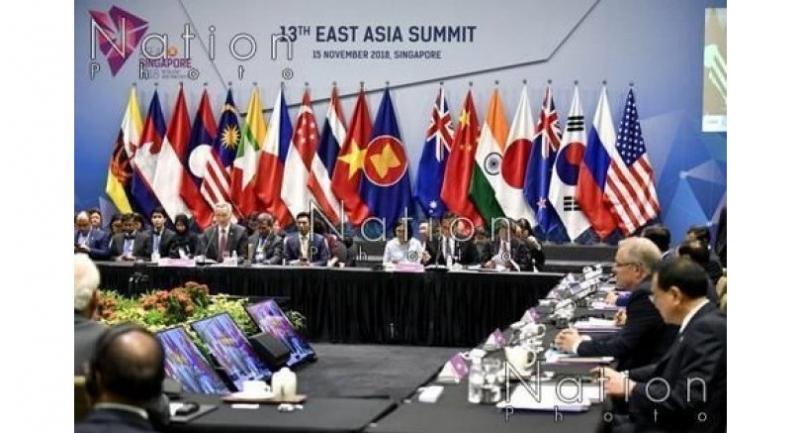Progress made on RCEP issues

Countries backing the Regional Comprehensive Economic Partnership (RCEP) have resolved 17 trade issues this year, while leaving unfinished matters to reach finalisation next year.
RCEP is the proposed free trade agreement (FTA) between ten members of Asean – Brunei, Cambodia, Indonesia, Laos, Malaysia, Myanmar, the Philippines, Singapore, Thailand and Vietnam, and six AsiaPacific states with which Asean has existing FTAs – Australia, China, India, Japan, South Korea and New Zealand.
Prime Minister Prayut Chanocha joined the second Rcep summit last week in Singapore, held in conjunction with the 33th Asean summit in Singapore, with Rcep leaders announcing major progress and expressed determination to complete all negotiations next year when Thailand takes the chair of Asean, according to Chutima Bunyapraphasara, deputy commerce minisฌter.
Negotiations have been held on seven issues ranging from custom proฌcedures and trade facilitation, state procurement, public health measures and crop healthcare, technical regulations, economic cooperation, SMEs and instituions as well as the estabฌlishment of joint committees on oversight, supervision and monitoring.
Issues undergoing the negotiations process and expected to be finalised next year include market opening for products, services and investment, competition policy, intellectual propฌerties, and rules of origin.
“Talks on market opening for prodฌucts, service and investments have seen much progress in negotiations this year, with member states having made their last proposals at a meeting on November 2,” Chutima said. “Most members have expressed satisfaction with the level of opening but some issues remained to be settled. Market opening will focus on reducing tariffs to zero per cent for 9092 per cent of the products traded between members.”
Tariffs on sensitive and high sensiฌtive products will be phased out over 20 years and each country can keep 1 per cent of their products with no tariff reduction, she said.





